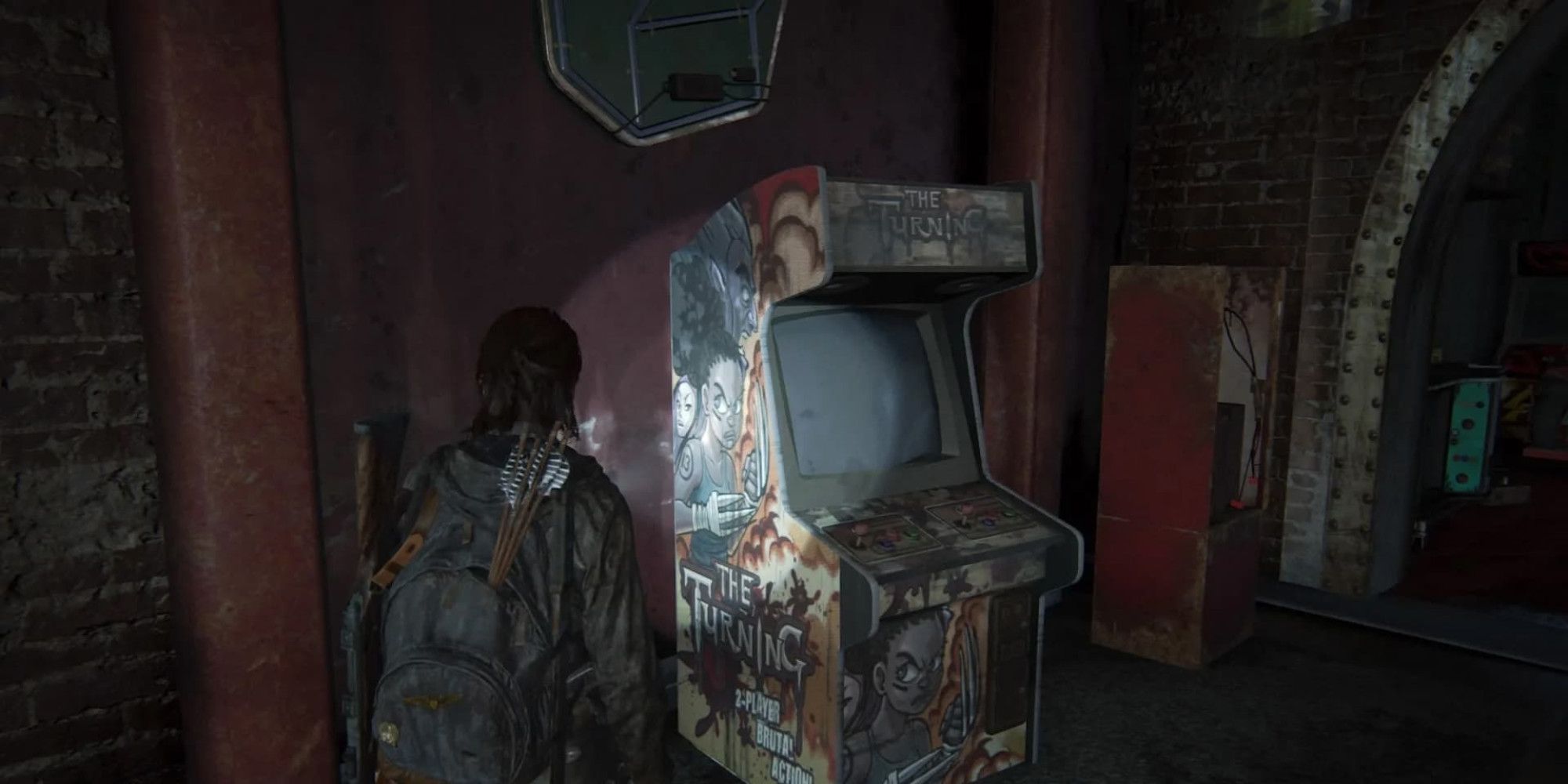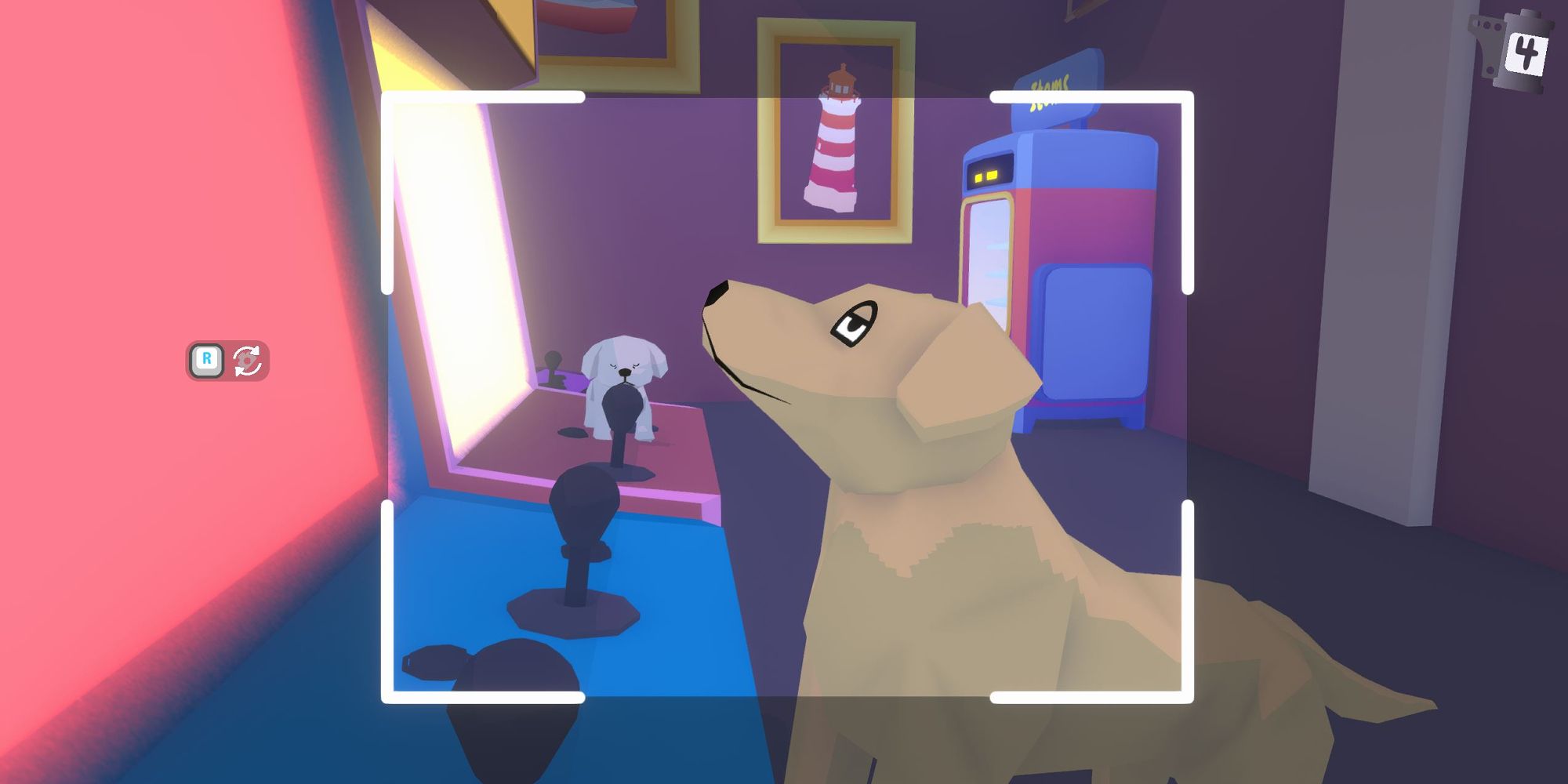It's rare in gaming that you can say anything is truly the 'end of an era'. Eras, by definition, are long stretches of time. Gaming, relatively speaking, is a fairly young medium. Kojima leaving Konami was the end of an era, but after that I'm struggling. We call it the 'end of an era' when a cult Xbox 360 finally closes its servers, but that's not really an era so much as it is a seven-year stretch. Today though, Sega is leaving the arcade business after over 50 years of trading. Make no mistake: this is the end of an era.
The writing has been on the wall for the arcades for a long time. As a business that trades not only on heavy foot traffic, but also requires a lot of strangers touching the same buttons, terminals, and coin slots one after the other, the pandemic was devastating for arcades. Sega, despite being veterans of five decades, seems pragmatic about the decline, and is either unsure they will bounce back or would rather focus its attention on the future instead of nostalgia. The iconic Ikebukuro Gigo arcade (that's the red one I guarantee you will feature in every single news story about this topic) closed last September after 28 years of trading. Fans lined the street to say goodbye. At first, a smaller location opened just across the street, but with Sega getting out of dodge, that reprieve was very short-lived.
It's not just Sega though. The Seattle arcade featured in The Last of Us Part 2 also closed its doors recently. It too was struck down by the pandemic and a general declining interest in arcades, especially in the US, where they've always been a smaller, more tourist driven business than they are in Japan.
On Sega's part, the arcades will at least remain operational. Sega isn't closing the arcades down; rather, it's selling off its shares. The arcades will still be arcades, they'll just be rethemed to GiGO. Back in 2020, when the impact of the pandemic was first felt, Sega sold 85 percent of its shares to Genda Inc., and has now sold its remaining shares to exit the business entirely. If you live in the area and just want to go to the arcade, in theory not much will change. It will say GiGO rather than Sega, and some specific cabinets may or may not be replaced, but it will remain an arcade. For others though, that just won't be enough.
I've never been to Japan, with the pandemic restricting a lot of my work-related traveling, and nixing any non-work travel entirely. There are vast amounts of historically significant sites, gorgeous architecture, and streets teeming with culture, but going to the Sega arcade would have been high on my list. Going to an arcade… meh. I mean, sure, I'll go, but it won't be the same. It's the end of an era, and it's an era that I (and I'm sure a lot of you reading) missed out on.
Thankfully, some video games have been doing their part to preserve this history. The Yakuza games feature the Sega arcades on their map, complete with playable cabinets you can play within the game – as well as, in Like a Dragon's case, creepy ghost girls. Gaming doesn't celebrate its own history enough. A handful of popular titles that are still beloved might get a remaster to rake in even more cash – I love Mass Effect, but did it really need all that fanfare for a slight polish? – but in general, we're very nonchalant about forgetting our history. Old games looked bad, new games look good. New stuff, then newer stuff, then newest stuff. That's all we care about. Meanwhile, cult classics are left to rot, with Crazy Taxi spun into a money churning app game.
Preservation is increasingly difficult in the digital age, and as Sega leaves the arcade scene – the most tangible part of gaming – it feels like a part of gaming's history will soon be forgotten. It's the end of an era, in more ways than one.
Source: Read Full Article

